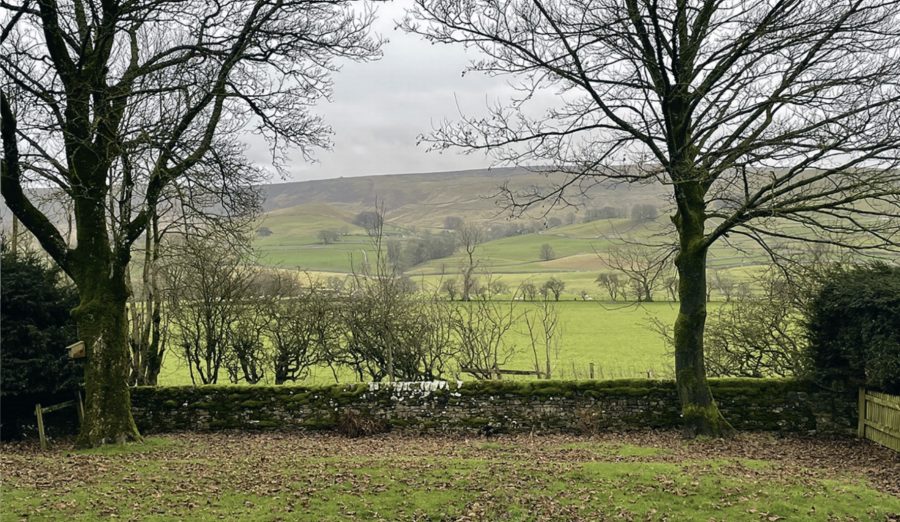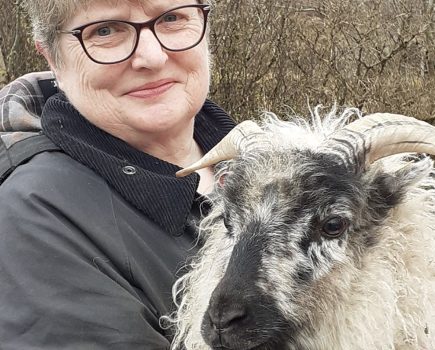Agricultural journalist, smallholder and editor of Ford & Fordson Tractors Magazine, Jane Brooks, explores the topic of land ownership.
‘Tis impossible to be sure of anything but Death and Taxes’ – The Cobbler of Preston by Christopher Bullock 1716.
Many of us go through times in our life when we have to face our own mortality, or the loss of friends and relatives, possibly, even finding yourself the executor of a loved one’s estate, as I have done on several occasions over the last few years.The vagaries of the inheritance tax system aside, all we can do is make things as simple as we can for those left behind as they deal with our affairs when we are no longer in this world.
Having recently been involved with The Land Registry in the transfer of some farmland, I was quite shocked to find out that around 15% of all land in England and Wales was unregistered.This means that although it is pretty certain that someone, somewhere owns the land, it will not actually be recorded at The Land Registry.
In essence, someone will generally hold the paper title deeds to prove their ownership, but it isn’t registered with the Government. So, the question could be, who owns all this unregistered land? Most unregistered land is located in rural areas, so it is quite possible that some of the smallholdings belonging to our readers may well be unregistered. Of course, if you own unregistered land it may not bother you, and it’s only since1990 that the registration of land on sale has become compulsory in England and Wales. In the case of inherited land, it has been compulsory to register it since 1998. But to me, it seems strange that in a country where you need to register or identify all your farm animals in some form or other, property ownership, at least since before 1990, had no such requirements.
REGISTERED LAND
Land that is recorded in the Land Registert hat is maintained by HM Land Registry is classed as registered. Each property is given a unique number and is recorded on an individual title register which provides an official record of ownership and other rights to the land, such as any mortgages and charges on the land. By providing easily searched evidence of title, it makes property transactions easier and quicker, protects the owner from fraud and prevents unlawful disposal of land. It is also far easier to defend property ownership disputes if land is registered.
UNREGISTERED LAND OWNERSHIP
There is every possibility that some smallholders have owned their land since before 1990 and that it is not registered at The Land Registry. There are several disadvantages to not registering land, often there is only one copy of the deeds relating to the land, and this is what generally has to be relied on for proof of ownership of unregistered land. Deeds may have been lost or faded over time, making it difficult to read them or to look at the outline of the land plan with any certainty as to its accuracy…
This article extract was taken from the March 2025 edition of The Country Smallholder. To read the article in full, you can buy the issue here.








